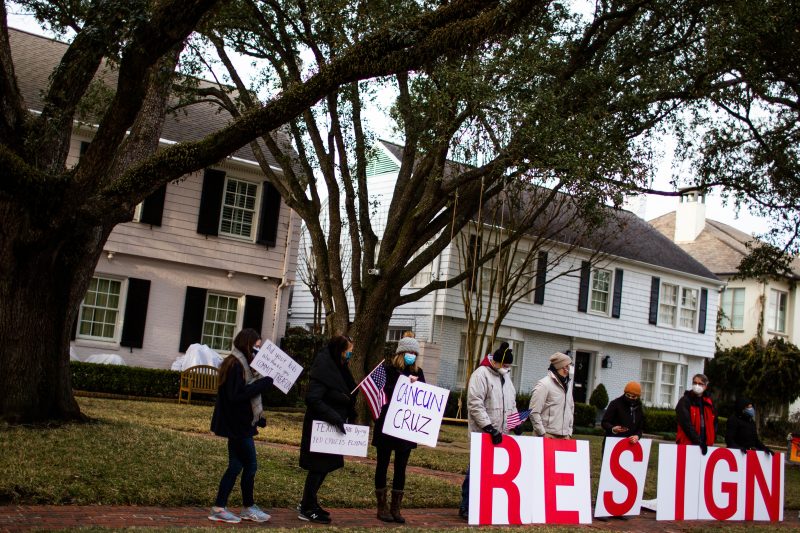
Social Media Scrutiny: Uncovering the Art of ‘Jawboning’ Politicians
In recent years, the landscape of social media has come under intense scrutiny, particularly regarding the deletion of posts and the role of politicians in influencing these decisions. It presents a complex and controversial issue that raises questions about freedom of expression, moderating content, and the influence of political figures in online spaces.
One of the primary concerns surrounding the deletion of social media posts is the potential infringement on freedom of speech. Platforms like Facebook, Twitter, and Instagram have become vital arenas for public discourse, providing individuals with a platform to express their thoughts and opinions. When posts are removed, whether due to violations of terms of service or other reasons, it can be seen as a suppression of ideas and viewpoints. This raises questions about who has the authority to police online content and what criteria should be used to determine what is considered acceptable.
Moreover, the involvement of politicians in advocating for the deletion of social media posts adds another layer of complexity to the issue. While some argue that politicians have a responsibility to combat hate speech, misinformation, and other harmful content online, others view their interference as a form of censorship and an overreach of power. When politicians pressure social media companies to remove posts, it can be perceived as an attempt to control the narrative and stifle dissenting voices.
The case of jawboning politicians who push for the deletion of social media posts highlights the delicate balance between protecting freedom of expression and ensuring a safe and inclusive online environment. While there is a consensus on the need to address harmful content and misinformation on social media, the methods used to achieve this goal are a subject of debate. Some argue for more stringent moderation policies and stronger enforcement of community guidelines, while others advocate for a hands-off approach that prioritizes individual freedoms.
In response to these challenges, social media platforms are continuously refining their content moderation practices to strike a balance between allowing for open dialogue and preventing harm. Transparency in moderation decisions, clear guidelines for users, and accountability mechanisms are some of the strategies being employed to address concerns about the deletion of posts and the influence of politicians on social media.
In conclusion, the issue of politicians pushing for the deletion of social media posts is a multifaceted and contentious one that requires careful consideration. Balancing the protection of freedom of expression with the need to combat harmful content online presents a significant challenge for social media platforms, policymakers, and society at large. By fostering dialogue and collaboration among stakeholders, we can work towards creating a digital space that is both inclusive and respectful of diverse perspectives.
